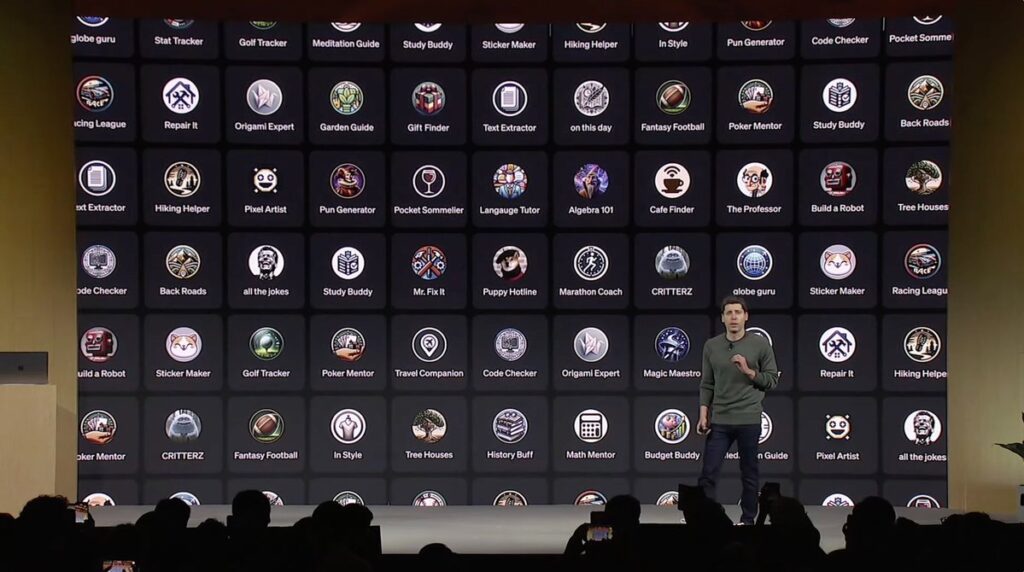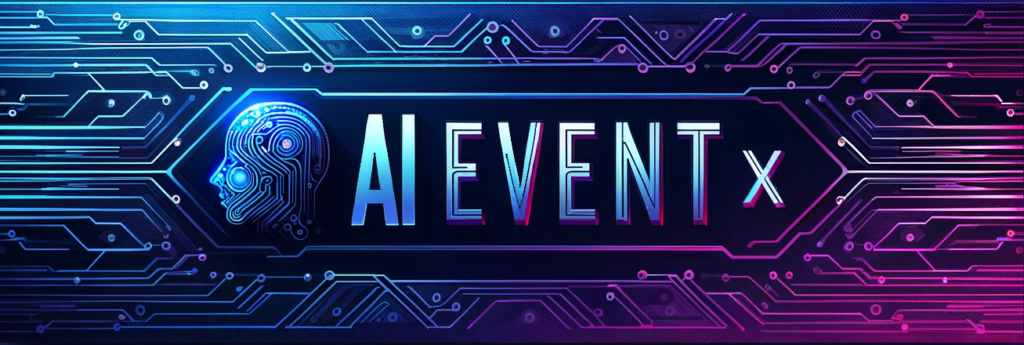ChatGPT, developed by OpenAI, has been hailed as a groundbreaking tool that can assist startups in various aspects of their operations. However, the latest update has introduced new capabilities that have the potential to disrupt the startup landscape.
“The latest update to ChatGPT has truly pushed the boundaries of what AI can do,” says tech entrepreneur Sarah Johnson. “While it presents exciting opportunities, startups must also be aware of the potential risks and challenges that come with it.”
Summary of the Major Updates:

– GPT-4 Turbo 128k Context: This enhancement means that the model can remember and utilize a larger context window, which allows for more complex and sustained interactions.
– Updated Knowledge Cut-off: With knowledge now extending to April 2023, the AI is more up-to-date on recent developments and information.
– Customizable ChatGPT Bots (GPTs): Users can create AI bots tailored to specific tasks without needing to code, making the technology more accessible to a broader audience.
– Multiple Tools in One Chat: Users can now access various capabilities like text-to-speech, image generation, and web browsing without switching between different bots.
– Reduced Prices for Developers: This makes it more economical for developers to build and deploy AI-driven applications.
– New APIs: These include text-to-speech, DALL-E 3 for image generation, and GPT-4 Turbo Vision for tasks that require understanding and analyzing images.
– GPTs Store: A marketplace for purchasing and selling custom GPTs, which could foster a community of AI creators and entrepreneurs.
For more details refer
Startups Destroyed in seconds 4000,000 users vanished.
When Open AI first launched there API many saw an opportunity to capitalize on the the unlimited possibilites that it provided. People started created apps that could write articles, read pdf.A popular example of such approach was ChatwithPDF
However with the latest multimodal approach ChatGPT 4 provided inbuilt capability to read PDF which made the startup obsolete.
Are All Startups At Risk?
With such widespread destruction are all startups at risk of getting destroyed?
Simple answer No
Most of the startups that are facing destruction were built on top of Open AI API’s and were in a very competitive market.
Startups who have robust moat are not getting affected by this .
ChatGPT’s Strategy: Consolidate, Innovate, and Dominate
As Shubham Saboo, Director of Artificial Intelligence at Tenstorrent, aptly puts it, ChatGPT’s strategy can be summarized as “consolidate, innovate, and dominate.” ChatGPT is on the path to becoming the ultimate AI super-app, offering a wide array of functionalities, including Midjourney, PDF Chat, Perplexity AI, and advanced data analytics, all combined in one application. This consolidation of capabilities makes it a formidable player in the AI landscape.
The Emergence of Generative AI Unicorns
Beyond OpenAI, a growing number of startups are emerging in the generative AI space. According to a report by venture capital firm Accel, 60 percent of new unicorns belong to the generative AI sector. This surge in generative AI startups is fueled by the potential of these technologies to transform industries and drive innovation.
While OpenAI has secured a significant portion of investment in this space, there is room for others to thrive. Startups specializing in photo AI apps and AI chatbot providers are proving that they can generate substantial profits. Examples include Chat & Ask AI and ChatOn, both raking in millions in revenue, along with AI Chatbot — Nova and AI Chatbot: AI Chat Smith.
Competition and Adaptability
With the widespread adoption of AI tools like ChatGPT, startups may face increased competition from other companies utilizing similar technologies. To stay ahead, startups must continuously adapt and innovate, finding unique ways to leverage AI to differentiate themselves from competitors.
It is essential for startups to regularly assess the impact of ChatGPT and other AI tools on their industry and adapt their strategies accordingly. This may involve exploring new use cases, refining existing processes, or developing proprietary AI solutions.
Conclusion
ChatGPT’s latest update presents exciting opportunities for startups, it also brings potential risks and challenges. Startups must be mindful of ethical concerns, misinterpretation of user intent, security risks, dependency on AI systems, and competition. By proactively addressing these challenges, startups can navigate the AI landscape successfully and harness the full potential of ChatGPT for their growth and success.

